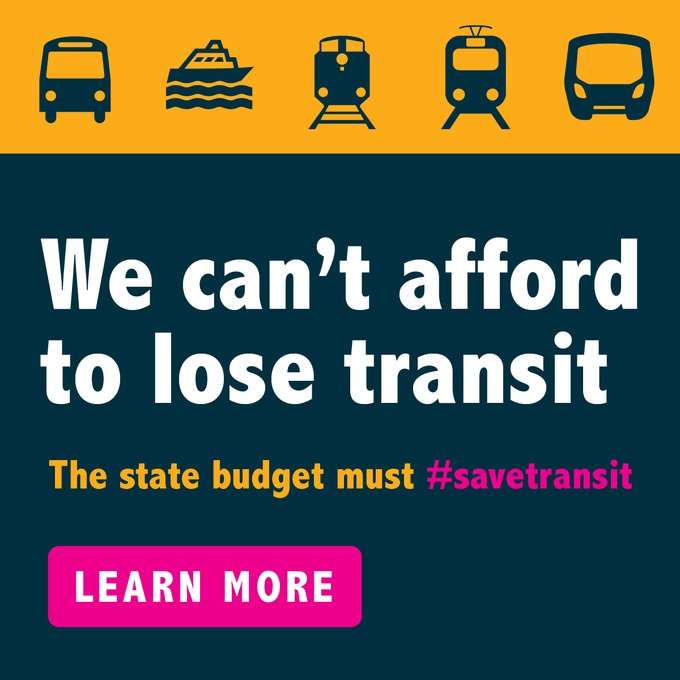Exploring BART's Capital Budget
BART's capital budget is funded through voter-approved bonds and grants from federal, state and local sources. Learn more about the two budgets BART has and how they are funded.

BART
We provide train service throughout the San Francisco Bay Area. For automated service updates: @SFBARTalert

-
BART has two budgets: operating budget and capital budget.
— BART (@SFBART) March 25, 2023
Operating budget is the $ to run trains, hire cleaners and train operators, and just keep the lights on
Capital budget is the $ allocated to rebuild and maintain BART, such as tracks, equipment and fare gates https://t.co/szNZirJiQI -
BART's operating budget is funded primarily through fares, parking, ads (aka operating revenue) plus sales tax, property tax and other financial assistance from local and state funds.
— BART (@SFBART) March 25, 2023
Before the pandemic, i.e. 2018, 69% of operating funds came from fares https://t.co/rr0INu2TDw -
BART's capital budget is funded through voter-approved bonds and funds and grants from federal, state and local sources.
— BART (@SFBART) March 25, 2023
FY23 max capital budget of $1.49B:
45% voter-approved bonds (i.e. Measure RR from 2016)
45% federal funds/grants
4% state funds/grants
5% local funds/grants -
For example, BART received a $250 million grant from the state of California in January -- but this money is earmarked for a capital project to improve infrastructure to increase the maximum # of trains which can run through the Transbay Tube https://t.co/BQ9vaIUTjn
— BART (@SFBART) March 25, 2023 -
Capital projects like the fare gate replacement, announced yesterday, are largely paid for by specific pots of money awarded to BART (or approved by voters) from local, state, and federal sources.
— BART (@SFBART) March 25, 2023 -
Operating funds are used to hire cleaners and train operators. And we have been recruiting heavily to fill our labor shortages for these critical positions.
— BART (@SFBART) March 25, 2023
Cleaners have met near-full staffing levels for the first time since the pandemic https://t.co/olupsZultW -
Train operators are critical to ensure we reduce the number of cancelled trains.
— BART (@SFBART) March 25, 2023
We are on pace to reach full-staffing for train operators this year.
We are working to improving reliability and reduce cancelled trains right now.https://t.co/jO05Ulru7h -
BART historically has been heavily reliant on passenger fares for its operating funds. With the slow ridership recovery, we are indeed facing a fiscal cliff estimated in 2025 when our one-time federal operating funds run out.
— BART (@SFBART) March 25, 2023
Capital funding is unimpacted by ridership. -
It is not allowed for BART and other public transit agencies to pool capital funds, usually earmarked for specific projects, into operating funds.
— BART (@SFBART) March 25, 2023
We have heard murmurs at the federal level to allow this. But at this moment, capital $ -> operating $ is not allowed. -
So, yes, BART is in a strange place where we are able to continue our track rebuilding work and other infrastructural improvements thanks to a current robust capital budget -- while being short-strapped on the operating budget with a fiscal cliff possibility.
— BART (@SFBART) March 25, 2023 -
So are we "broke"? Right now, no.
— BART (@SFBART) March 25, 2023
Will we be? Maybe, for our operating budget.
Is this a BART-only issue? No, all Bay Area transit agencies face this operating shortfall and the "fiscal cliff" at the moment.
This is why Bay Area transit, not just BART, is asking for State help pic.twitter.com/ceysrqYbQ1
